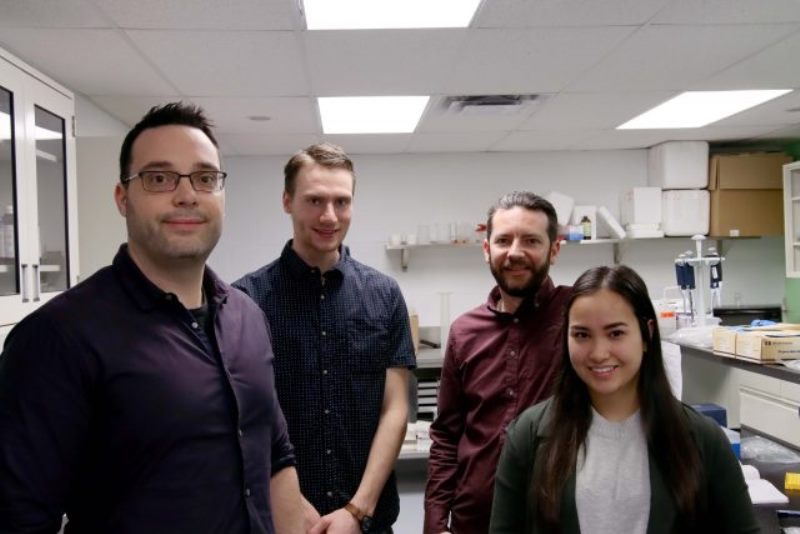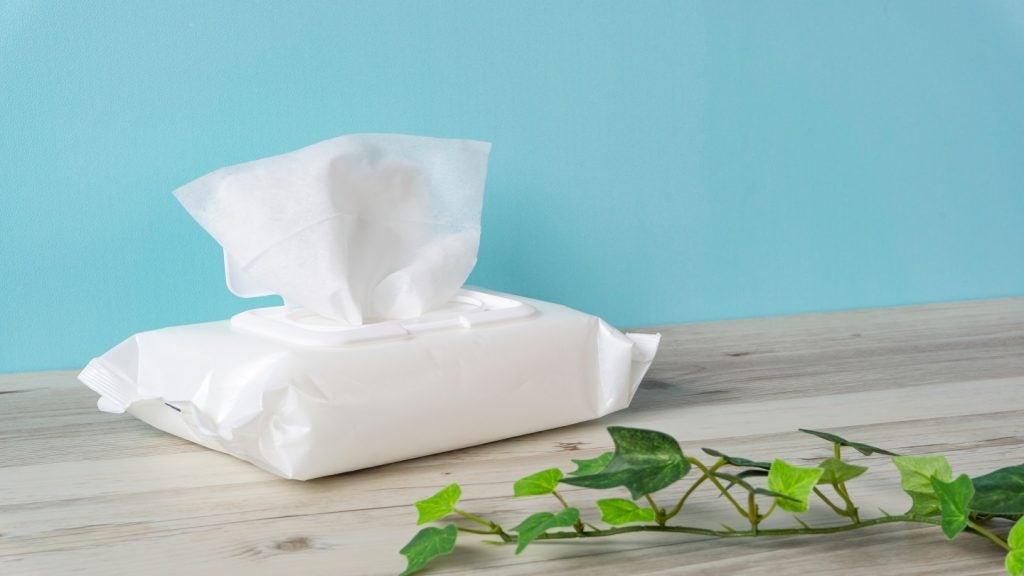
A team of Brandon University (BU) researchers in Canada have found that waxworms, the caterpillar larvae of the greater wax moth, eats and biodegrades plastic.
The team has published their findings in biology journal Proceedings of the Royal Society B.
The study found that waxworms ate polyethylene, a common form of plastic used for making bags among other applications. In the lab, around 60 waxworms ate more than 30cm² of a plastic bag in less than a week.
The researchers found a species of intestinal bacteria in the worms that survived on plastic for more than a year. The researchers named these worms plastivores.
Additionally, the study inferred that putting the waxworms on a complete polyethylene diet increased the number of microbes in their guts, compared to other worms.
The plastic degradation creates an alcoholic byproduct called Glycol.
How well do you really know your competitors?
Access the most comprehensive Company Profiles on the market, powered by GlobalData. Save hours of research. Gain competitive edge.

Thank you!
Your download email will arrive shortly
Not ready to buy yet? Download a free sample
We are confident about the unique quality of our Company Profiles. However, we want you to make the most beneficial decision for your business, so we offer a free sample that you can download by submitting the below form
By GlobalDataResearcher Dr Christophe LeMoine said: “Plastic-eating bacteria are known, but in isolation they degrade plastics at a very slow rate.
“Likewise, when we treated the caterpillars with antibiotics to reduce their gut bacteria, they were not able to degrade the plastic as easily. So it seems that there is a synergy between the bacteria and their waxworm hosts that accelerates plastic degradation.”
The researchers are presently engaged in further studies to learn about the traits of the bacteria and the nature of the end products.
BU dean of science Dr Bernadette Ardelli said: “This is very intriguing research that is showing promising results as we tackle a worldwide problem.
“It’s very rewarding to see our faculty taking on important issues like this as well as to see our students gaining valuable experience, while also making their own contributions to an exciting discovery.”
According to the university, the research may help in the development of better plastic biodegradation systems.







